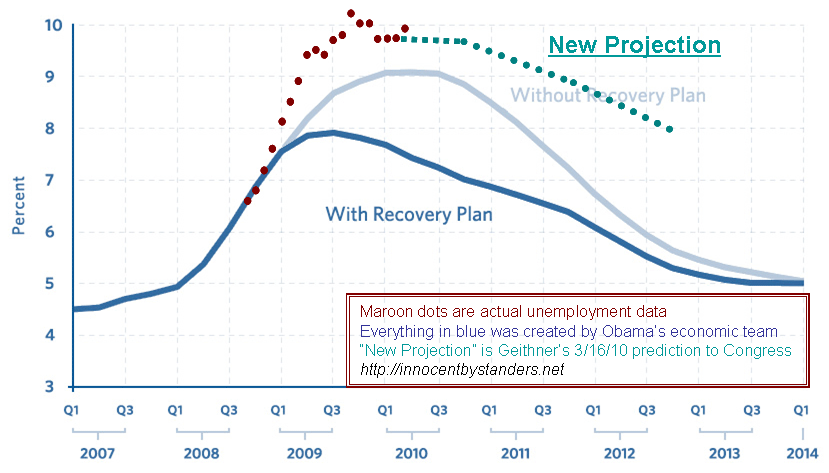In 2003, Barbra Streisand objected to aerial images of her Malibu mansion being included in a project to provide a photographic survey of the California coastline. Lawyers filed a $50M lawsuit on her behalf. The resulting publicity greatly enhanced public awareness of Streisand’s property far beyond what would have happened had she and her lawyers left well enough alone. This phenomenon, wherein an attempt to suppress undesired or unflattering information has the unintended result of publicizing the information instead, has been dubbed: The Streisand Effect. Here’s one of the most recent examples.
Quackwatch is a non-profit organization founded and run by Stephen Barrett, M.D. Quackwatch aims “to combat health-related frauds, myths, fads, and fallacies.” Quackwatch took issue with an outfit called Doctor’s Data, Inc. arguing that their urine toxic metal testing is done in such a way as to defraud patients. According to the exchange of letters posted at Quackwatch, lawyers acting on behalf of Doctor’s Data insisted that Stephen Barrett withdraw the article linked above. Barrett replied (in part):
I take great pride in being accurate and carefully consider complaints about what I write. However, your letter does not identify a single statement by me that you believe is inaccurate or “fraudulent.” The only thing you mention is my article about how the urine toxic metals test is used to defraud patients: (http://www.quackwatch.org/t). The article’s title reflects my opinion, the basis of which the article explains in detail.
If you want me to consider modifying the article, please identify every sentence to which you object and explain why you believe it is not correct.
If you want me to consider statements other than those in the article, please send me a complete list of such statements and the people to whom you believe they were made.
The lawyers for Doctor’s Data again insisted on retraction without offering any specifics where they believe Barrett’s writing was in error. Then on June 18 they filed a lawsuit against Quackwatch. And that’s where the Streisand Effect has kicked in. Google “Doctor’s Data,” and the first hit is the company’s website. The rest of the top twenty are links to Quackwatch’s coverage and account of Doctor’s Data’s lawsuit. The lawsuit has had the unintended effect of drawing substantial attention to Quackwatch’s criticism of Doctor’s Data. The incident has also inspired a Twitter feed (probably a parody, but given the behavior of Doctor’s Data, it’s hard to be certain) that threatens bloggers who criticize Doctor’s Data with similar lawsuits.
Donate to Quackwatch if you’d like to help them fight what appears to be a blatant attempt to shut them up.


4 thoughts on “Quackwatch, Doctor’s Data, and the Streisand Effect”
There is no “Streisand Effect”. The negative postings by Barrett were on Google before the lawsuit was filed. A few new postings appeared online from people who were already friends with Stephen Barrett and had previously themselves badmouthed Doctors Data online.
As far as statements like “Quackwatch took issue with…”, Quackwatch and Barrett are one and the same. There is no one else behind the curtain. Barrett foe Tim Bolen at least has the brains to call his newsletter the Bolen Report rather than trying to pretend there’s an organization behind him.
Whatever the merit of some Quackwatch articles, many are heavily biased and simply wrong on strict scientific matters, like supposed experiments that did not remotely test the issue, and on historical issues, like degrees, Quackwatch never even removed clearly erroneous, defamatory statements about a subject.
To wit: Clear lies in Saul Green’s public attacks on Burzynski, including his 2nd doctorate remain unretracted at the QW site dispite public verification with the appropriate Polish educators. Burzynski’s work doesn’t (shouldn’t) have to be proven right to protect against simple slander and libel. This appears to be a pattern in Barrett’s attacks. I notice that one of the largest pharmas is now claiming *stabilized* peptides in their anticancer research…
Supposed QW witch hunts on falsely made scientific conclusions and historical facts need a little public attention, and perhaps formal accounting.
Many heavy metals BIND to tissues. They do not circulate in the blood, to be removed by the kidneys into the urine, except for maybe a few days to a couple weeks. After that, urine or blood can’t reveal true poisoning or toxicity. Without provoked testing, you have no idea of heavy metals burden–unless poisoned the day before the test. The reference level is non-provoked, because you shouldn’t have poisons your body can’t remove.
Doctors Data toxic metals tests were especially useful as a GUIDE to how much mercury I had & how efficiently my body was eliminating it. This was supervised by a qualified professional–an ND who is NOT a quack. Mercury toxicity is a serious issue which most MDs don’t take seriously. MDs don’t have all the answers. There will always be charlatans, & many of them are MDs. Does Barrett write about them???